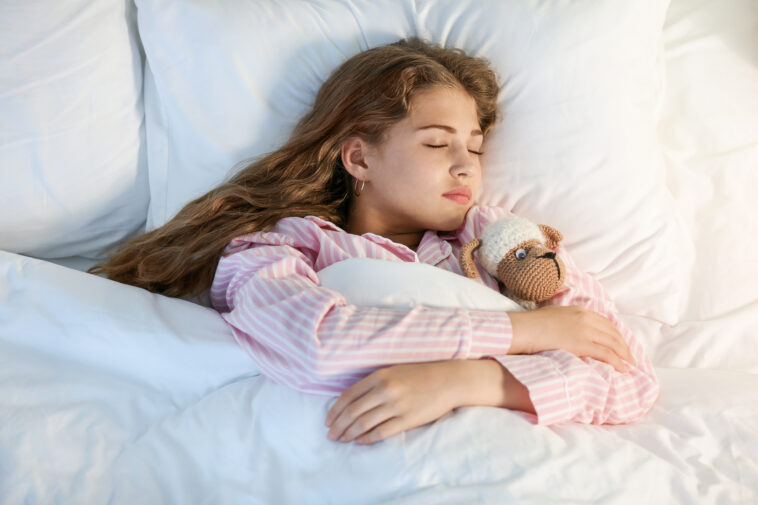It’s not uncommon for children to experience some emotional growing pains as they move from childhood to early adolescence.
Known as “pre-adolescence,” this transitional period is often a vulnerable time– sometimes leading to the development of mental health issues such as depression and anxiety.
That’s why it is crucial for pre-teens to have the support of loved ones as they navigate this stage of development. And according to a new study published in JAMA Psychiatry, improving sleep could be one viable tool to combat mental health problems.
Getting enough quality sleep is critical for the mental health and overall well-being of people of all ages– beginning from infancy and lasting through old age.
That’s why inadequate rest among those experiencing sleep problems– such as recurrent nightmares, insomnia, or breathing problems– is linked to worse mental health.
So, researchers from the University of Melbourne recently set out to understand the emotional and behavioral impact of a variety of sleep problems on one specific demographic– pre-adolescents.
The team collected and analyzed data from a longitudinal study that included over 10,000 children, as well as their parents. The children were first assessed between the ages of 9 and 11. Then, two years later, they were assessed a second time when they were between the ages of 11 and 13.
The children’s parents and caregivers were also asked about the sleep patterns of their children, as well as any changes to their sleep, sleep problems, and any behavioral or emotional problems they had been experiencing.
The children were then categorized into different sleep groups at pre-adolescence– which were dependent upon the type of sleep problems they had experienced, as well as the severity.

Sign up for Chip Chick’s newsletter and get stories like this delivered to your inbox.


